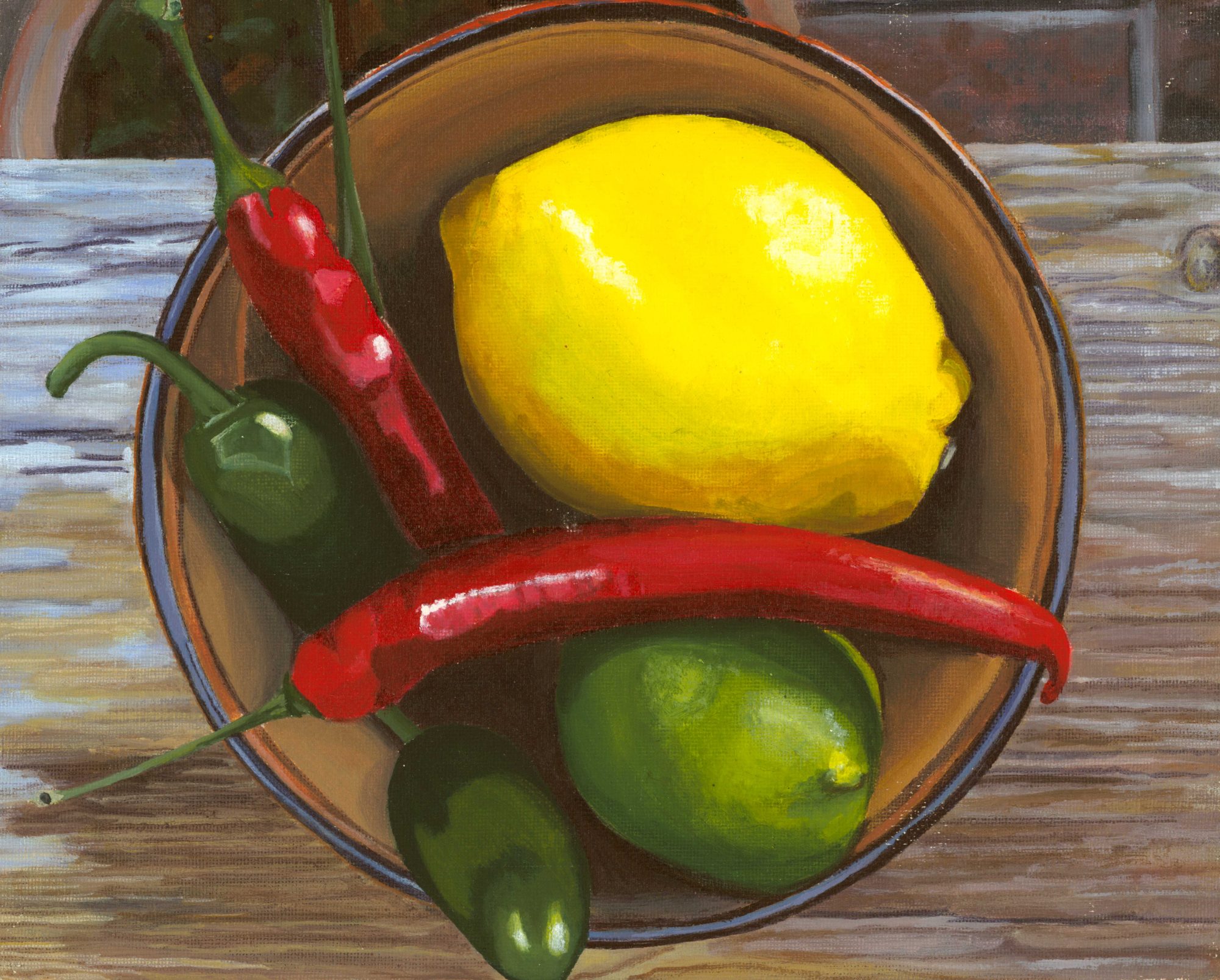If you can’t say something nice, say nothing, as children are often told, and as I can’t find anything nice to say about my own work just now, I’ll talk about someone else’s.
Daniel Keyes wrote the short story version of Flowers for Algernon in 1956, and the full-length novel version was published in 1966, before the genre of Speculative Fiction existed. At the time it was published, it was considered to be Science Fiction ( and as such won both the Hugo and Nebula awards). When I first read it as a teenager, it was as the short-story version in a Sci Fi anthology, and when I saw it in a bookstore a couple of weeks ago, it was still shelved with the Sci Fi titles. As far as I can tell, it has been in print (in several languages) since it was published. Despite this, I have never met anyone else who remembers reading it.
People have often objected that it’s not Science Fiction at all, because it contains none of the world-building tropes that typify the genre. The central premise is an experimental scientific ‘procedure’ and its effects on the protagonist, Charlie; but it is alluded to in the vaguest terms , and none of the details or technical descriptions you might expect are given.
None of this really matters. What Flowers is in essence is a variation of one of humanity’s oldest story arcs, the hopeful outsider who makes a daring gamble in pursuit of acceptance. Told in the first person, through diary entries, the voice of Charlie changes hugely across the story, but not exactly because as a narrator, he’s unreliable; more because the world around him is, and his changing perception of reality is as much part of his character arc as the effects of the ‘science experiment’.
If you haven’t read it, do, if you get a chance. It might make you cry, but it might also help you to some insights.
One last thing: although I have tied myself in knots to avoid spoilers, this one might be useful. Algernon is a mouse.
